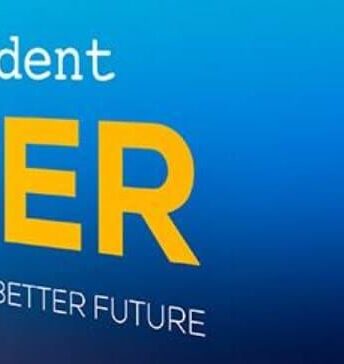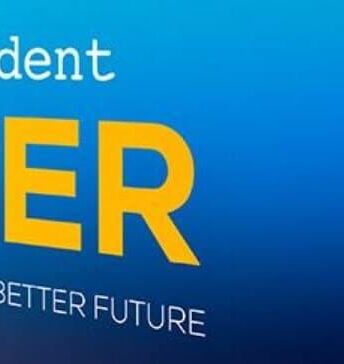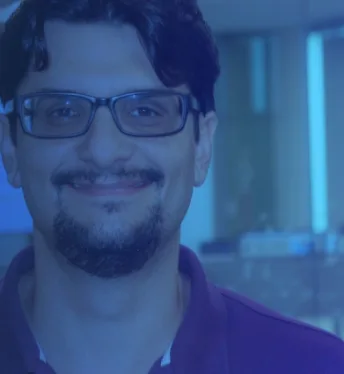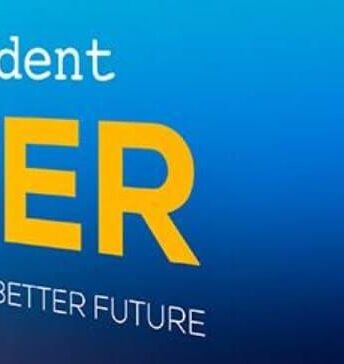Whether you’re nearing graduation or just starting to think about professional opportunities, standing out in a crowded job market can feel like a daunting task.
But don’t worry, we’ve got you covered! This guide is packed with practical tips and tricks tailored just for students like you. From building a standout resume to getting the offer and everything in between, in this article, you’ll learn how to make a lasting impression on potential employers.
Are you ready to test a new perspective that can help you communicate why you should get the job?
I. Tailor Your Resume and Cover Letter
If you missed the first step, discover HERE how to craft a CV that represents you. Now that you have the ticket for the interview – aka, the CV – ready, it’s time to let others discover you.
Also, if you want to apply to internships or roles that are not similar to each other, choose to bring upfront the skills that better match the position you are applying for.
An approach you can try is to customize your resume (and cover letter) if you apply to roles that are not similar to each other. For example, if you apply for an internship in Cybersecurity and Software Development, you might select to include different skills from the ones that are written in your CV.
Example:
Let’s say you are passionate about both Cybersecurity and Software development and in the beginning, you want to keep your option open. We recommend you highlight the most relevant skills first. The other valuable skills you have are going to complement the others.
For the Cybersecurity Internship, you might emphasize skills like:
- Proficiency in network security protocols;
- Familiarity with risk assessment frameworks;
Meanwhile, for the Software Development internship, you could highlight skills such as:
- Proficiency in programming languages (e.g., Python, Java)
- Familiarity with Agile development methodologies
Pay attention to the job description requirements and don’t hesitate to highlight the skills that closely match. Make sure to bring your relevant experience and past involvement to the interviewer’s attention right from the initial CV screening!
Example: If you’re applying for a Front-End Software developer internship, include your experience with Java Script, any projects you’ve worked on, and a link to your online portfolio.
II. Develop Contextual Awareness
Step I: Researching your prospective company could also help you understand if the company aligns with what you are seeking and it helps you answer questions about the company you’re interviewing with. Review the organization’s mission statement, history and target audience to give yourself more confidence to provide a clear and concise response.
Step II: Impress your potential employers with up-to-date knowledge of the latest trends, technologies, and developments relevant to your desired role. Keep an eye on tech articles and industry news—you never know when a great topic might come up in an interview.
Example: For a software development role, talk about the latest AI and machine learning trends, or mention a new programming language you’ve been learning.
P.S.: We deliver monthly insights to students that cover different technical topics, combining at the same time tips for improving soft skills.
Subscribe to Stefanini Student Corner here: https://bit.ly/3XXRlCV
III. It’s Possible: Being Professional while Showcasing Your Personality
Showcase your personality and cultural fit: Can you complement the company culture with who you are?
Show how you can complement the company culture. Make a list of your strengths and weaknesses to bring to the interview. Which of the skills you are most confident in relates to the most important skills required in the job description? Highlight how your strengths can help the company achieve its goals and showcase your preparation.
IT Student Interview Examples
- Tell me about yourself.
Response: “I’m finishing my Computer Science degree at ABC University, where I’ve built a solid base in software development and cybersecurity. Alongside my coursework, I’ve done internships at two tech companies, getting hands-on experience with projects like creating a secure app and fine-tuning database performance. Beyond tech, I’m really into gaming and often join coding hackathons.”
Why This Works: This response provides relevant background, internship experience, and personal interest that is still related to the tech field.
- Why do you want to work for our company?
Response: “I saw on your career page that the company is committed to fostering a collaborative and innovative work environment. This aligns well with my strengths, as I thrive in settings that encourage teamwork and creativity. I’m excited about the prospect of joining your dynamic team and applying my AI and software development skills to your cutting-edge projects.”
Why This Works: This answer shows you’ve researched the company and ties your experience directly to their work.
- How do you handle working under pressure?
Response: “I handle pressure by staying organised and focused. For instance, during my final semester, I juggled multiple projects, including a capstone project that required developing a comprehensive cybersecurity solution. I created a detailed timeline, set incremental goals, and regularly reviewed my progress, which helped me complete everything on time and maintain high quality.”
IV. Offer Creative Solutions
What can you say when you don’t know the correct answer? It’s not shameful to not know the response to a question. Quite the opposite, admitting a gap is courageous. How you respond when you don’t know the answer matters: are you still trying to approach the challenge or do you easily give up?
Picture this:
Interviewer: “Imagine you’re assigned to work on a part of our web application, and you encounter a bug that causes the system to crash intermittently. You don’t have prior experience in professional debugging. How would you approach solving this problem?”
Response: “Although I don’t have professional experience, I would approach this problem systematically and creatively based on my academic projects and what I’ve learned through self-study and coursework
Here’s how I would tackle it:
Understand the Problem: “First, I would try to gather as much information as possible about the bug. I’d look at the error messages, logs, and any patterns in the crashes to understand when and why the bug occurs. After that, I will make extensive use of online communities, forums, and documentation.”
Peer Collaboration: “I’d seek advice from more experienced team members or mentors. Explaining the problem to someone else can also help me see it from a different perspective and might lead to a solution”
Continuous Learning: “Finally, I’d take note of the entire process and what I’ve learned from it. This experience would be invaluable for future problem-solving scenarios.
Now, be in the shoes of the interviewer: If a student would answer “I don’t know, I don’t have experience” – which of the 2 students would you hire?
V. Show Interest by Exploring Your Real Curiosities
Ask unique questions
Ask specific questions to the interviewer to help you figure out if the position is the right fit for you. Interviewers appreciate this because it shows you’re genuinely interested in understanding important details about the role.
Stick to asking questions associated with job responsibilities and qualifications. Bring a list of questions to ask the interviewers and check to see if they want to know more about your skills and experience.
Here are some questions to ask an interviewer:
- “What do you find most exciting or rewarding about your job?”
- “What does a typical career progression look like for someone in this role?”
- “What specific skills or experiences would make someone successful in this position?”
VI. Treat the Interview as an Engaging Conversation
The interview experience can indeed be quite stressful and demanding. It is important to approach the discussion with the recruiter as an opportunity for learning, networking, and aligning with market requirements. I’m confident you can adeptly handle various discussion topics by adopting an open attitude and actively engaging in the conversation.
When answering their questions, take deep breaths to remain calm and focused on the interviewer.
Example: During the interview, occasionally to show you’re listening and keep an open posture (no crossed arms) to appear approachable and engaged.
Good luck, and go get that job! 🚀



















